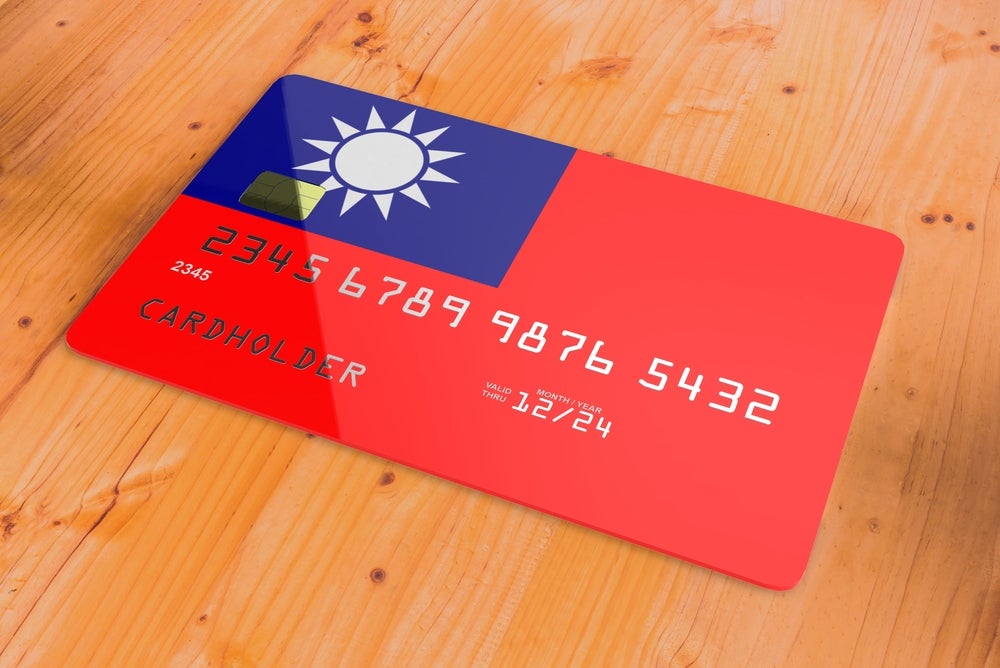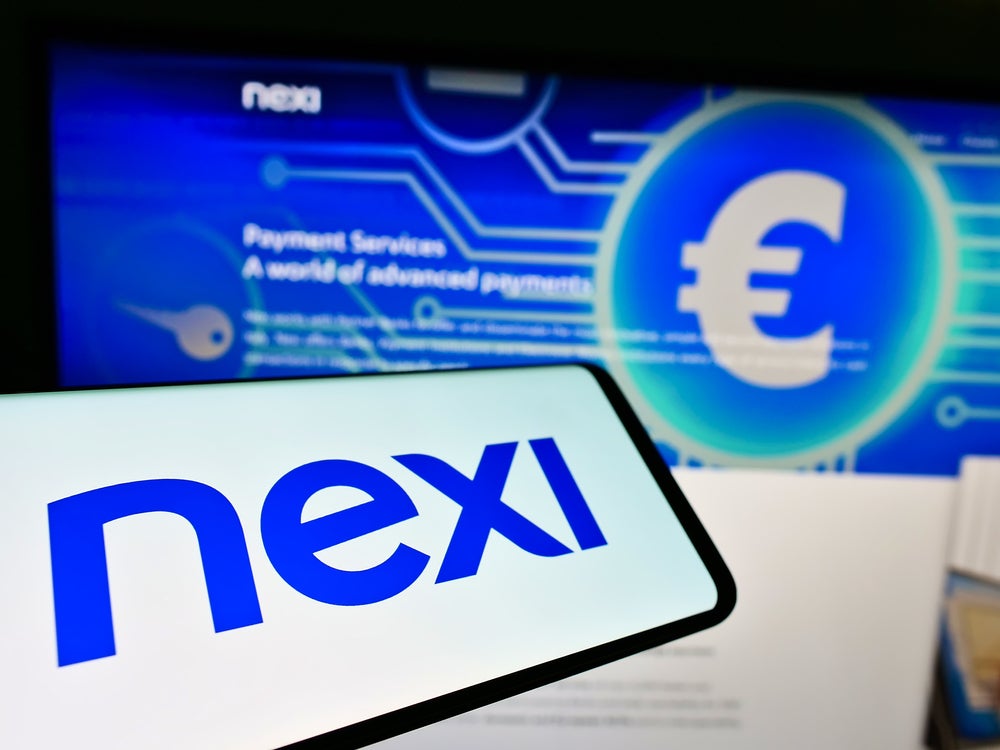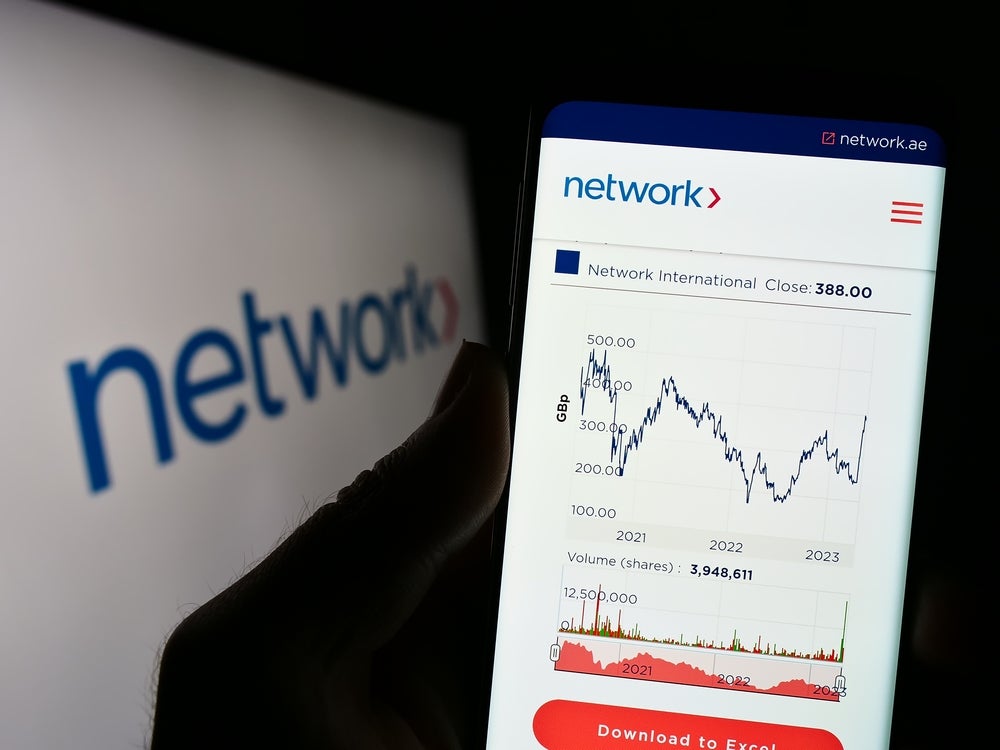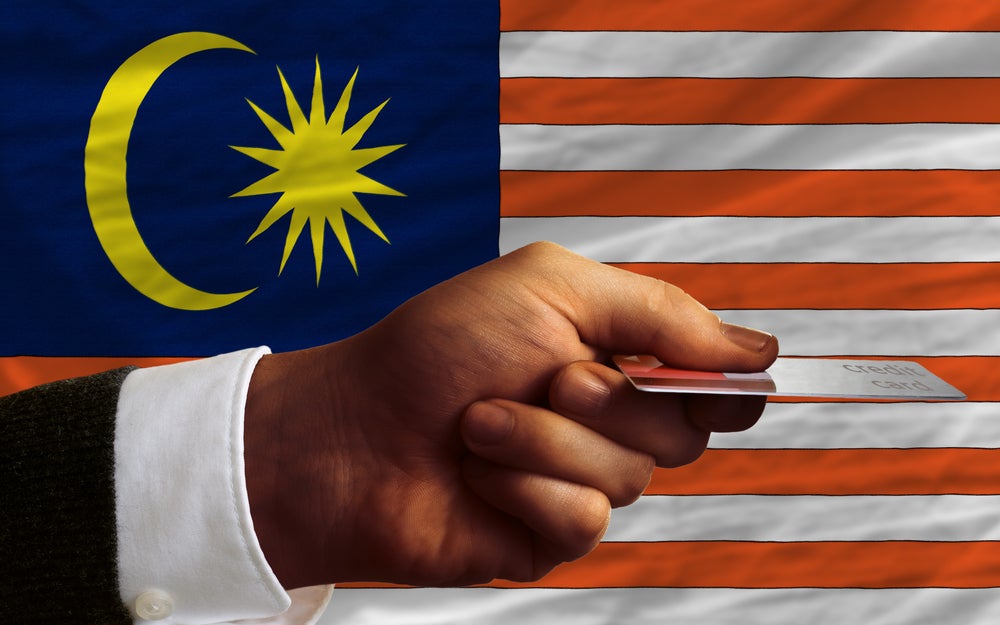Banco do Estado do Rio Grande do Sul (Banrisul), a
regional Brazilian bank owned by the agricultural State of Rio
Grande do Sul, is looking to expand its credit and debit card
issuing business in tandem with the launch of its MasterCard
acquiring operation. Robin Arnfield investigates.
 Banrisul
Banrisul
operates the Banricompras-branded EFTPoS network which currently
has 96,300 merchant clients, mostly in Rio Grande do Sul. Prior to
July 2010, when Banco Central do Brasil (BCB), Brazil’s central
bank, deregulated the acquiring market, Banrisul was only able to
acquire its Banricompras-branded regional debit cards.
Banrisul was unable to process
transactions for its MasterCard- and Visa-branded credit cards over
the Banricompras network, and had to use the two incumbent credit
card acquirers, Redecard and Cielo.
In July 2010, BCB removed the ban
on a single acquirer processing both Visa and MasterCard
transactions, thus enabling new entrants to challenge Redecard and
Cielo.
In August 2010, Banrisul received a
licence from MasterCard Brazil to become a MasterCard acquirer,
using Brazilian IT firm CSU CardSystems as its processor. In April
2011, Banricompras started acquiring Maestro, Cirrus, MasterCard’s
Redeshop Brazilian debit brand, and MasterCard credit card
transactions over its network.
How well do you really know your competitors?
Access the most comprehensive Company Profiles on the market, powered by GlobalData. Save hours of research. Gain competitive edge.

Thank you!
Your download email will arrive shortly
Not ready to buy yet? Download a free sample
We are confident about the unique quality of our Company Profiles. However, we want you to make the most beneficial decision for your business, so we offer a free sample that you can download by submitting the below form
By GlobalDataBanrisul expects to see 35% growth
in transaction volumes at its Banricompras acquiring business in
2011, as a result of the MasterCard deal. In 2010, Banricompras
processed 70.9m transactions, worth BRL4.81bn ($3.02bn), up from
61.3m in December 2009, worth BRL3.85bn. These transactions were
exclusively Banricompras-branded debit card purchases.
“The 35% growth comprises 10%
growth in transactions due to Banricompras acquiring MasterCard
transactions, plus 25% growth in Banricompras-branded debit
transactions,” says Carlos Malafaia, Banricompras executive
superintendent.
“This estimate is based on the fact
that transactions on the Banricompras network rose by 25% in
2010.”
Banrisul’s fee income from
acquiring rose by 24% to BRL85.91m in 2010 from BRL69.14m in 2009.
The bank expects its acquiring fee income to rise by a similar
percentage in 2011.
Debit and
credit
 In early 2011,
In early 2011,
Banrisul created a dedicated credit and debit card business unit,
in order to expand its activities as a card issuer. Currently,
Banrisul has more than two million Banricompras debit cards in
issue, of which 800,000 are active cards.
“There is huge potential to
increase our Banricompras debit card transactions base,” says
Darcila Cezar, executive superintendent at Banrisul’s debit and
credit card unit. “We want to encourage customers with inactive
Banricompras cards to start using their debit cards, so as to
increase our debit transaction volumes.”
“I think Banrisul’s total credit
and debit cards in issue will grow, as the bank will ride the
growth in the C and D segments, which is resulting in greater
numbers of Brazilians getting bank accounts,” says Richard Speer,
consultant at Speer & Associates.
Banrisul offers Gold and Classic
Visa credit cards, and Gold and Standard MasterCards, as well as
Visa and MasterCard credit cards aimed at university students,
public employees of the State of Rio do Grande do Sul, and other
customer segments.
In calendar 2010, Banrisul’s fee
income from credit cards rose to BRL12.18m from BRL11.33m in
2009.
At the end of March 2011, Banrisul
had 323,496 credit cards in issue, up 10.4% year-on-year,
comprising 119,166 MasterCards and 204,330 Visa cards.
Credit card transactions including
purchases and cash advances rose by 24% year-on-year in the first
quarter of 2011 to 3.1m, worth BRL231m. For calendar 2010, credit
card purchases totalled 10.11m, worth BRL730.28m, while cash
advances amounted to 157,146, worth BRL24.90m.
In January 2011, Banrisul had
BRL139.38m worth of credit card receivables, including BRL7.16m
worth of loans up to 60 days in arrears and BRL4.6m worth of loans
between 61 and 180 days in arrears. Banrisul’s 60-days-past-due
ratio (in January 2011) was 5.12%, and its 180 days-past-due ratio
was 3.30%.
“We believe the default rates for
our credit cards are among the lowest in Brazil,” says Cezar. “We
are more conservative than the Brazilian credit card market as a
whole. We want to expand our credit card business, but we will do
so one step at a time.”
“Banrisul has very good performance
metrics, good credit quality and a good efficiency ratio,” says
Speer.
“It helps that Rio Grande do Sul is
an agricultural state, so its economy is in good shape.”







